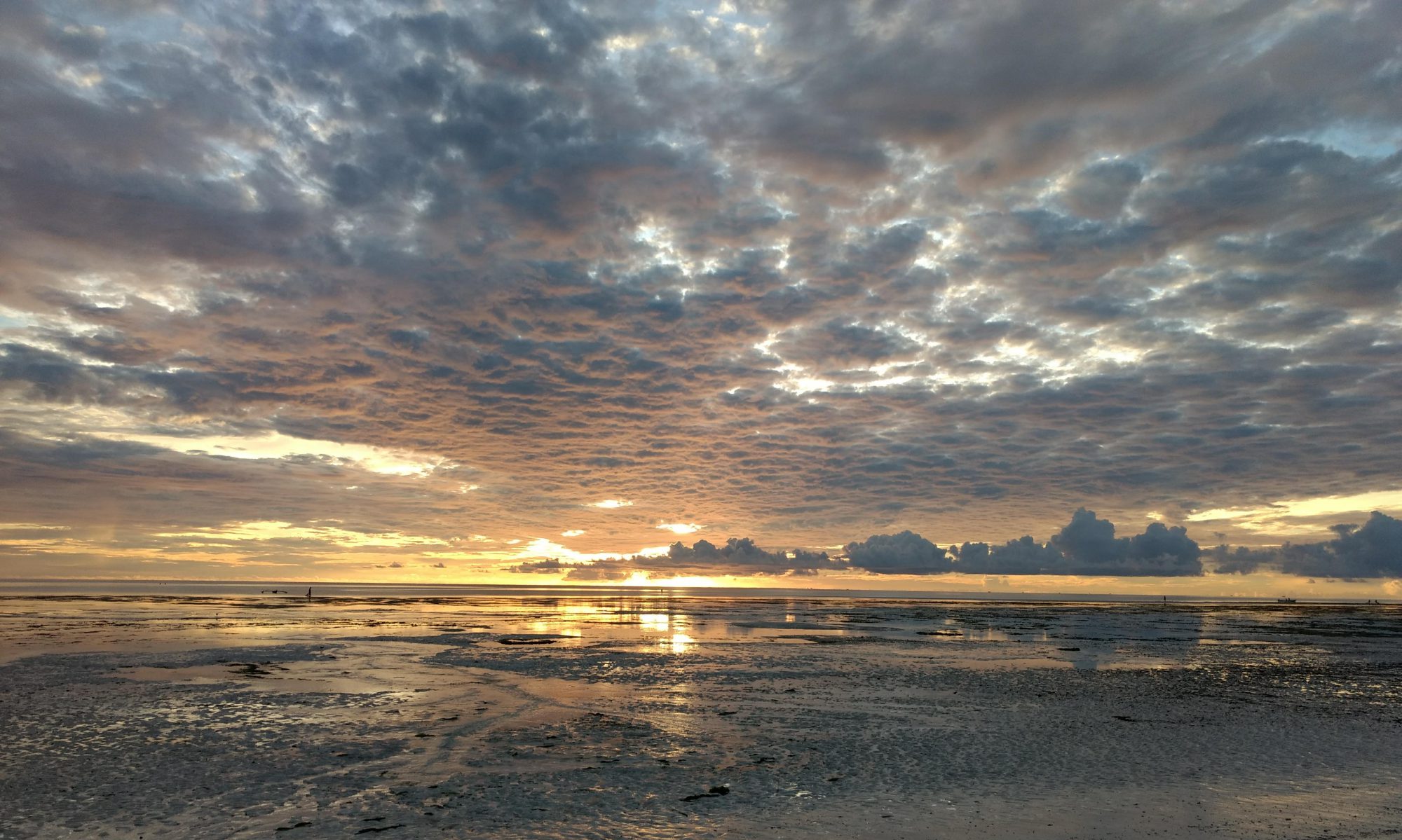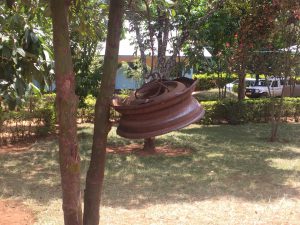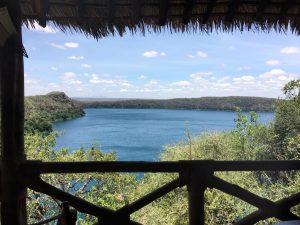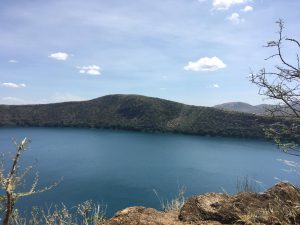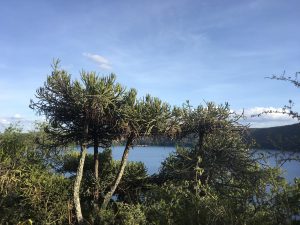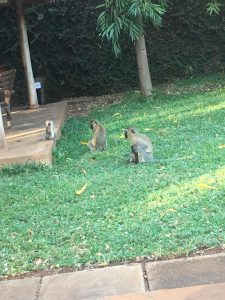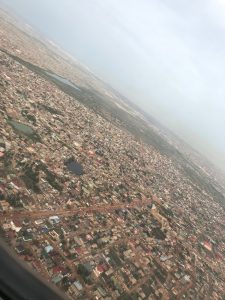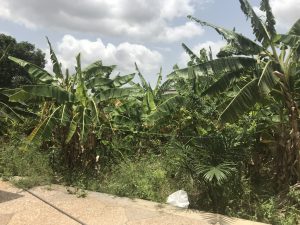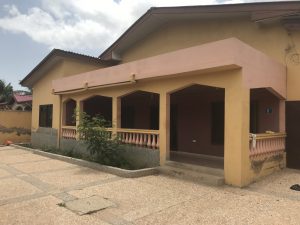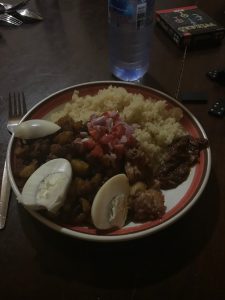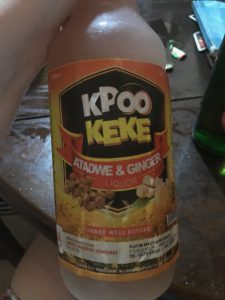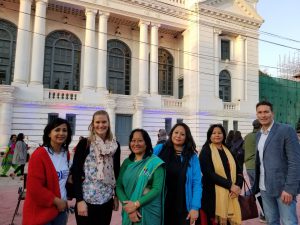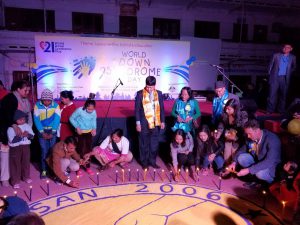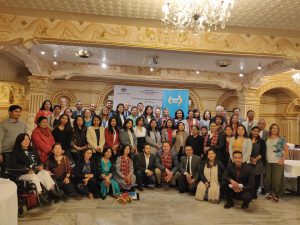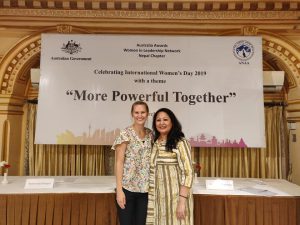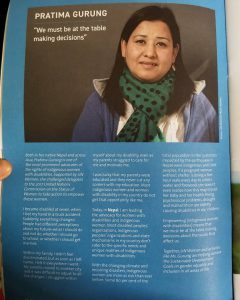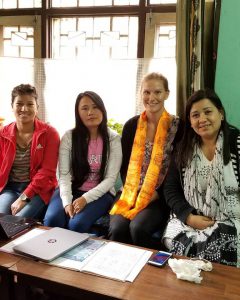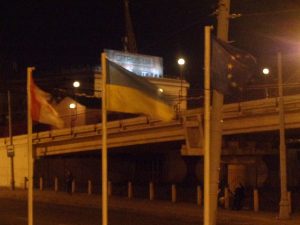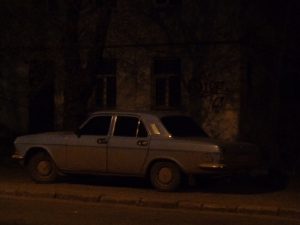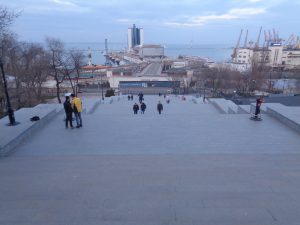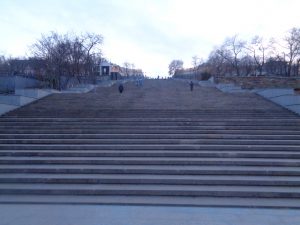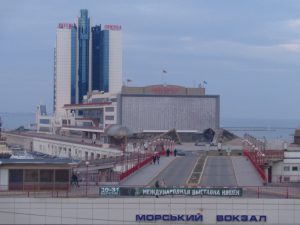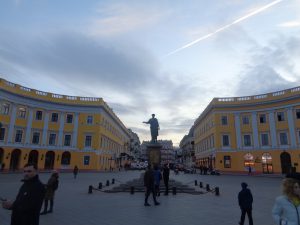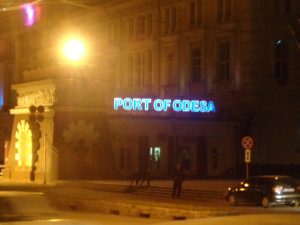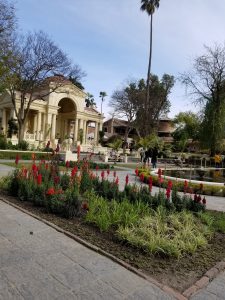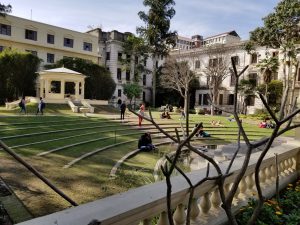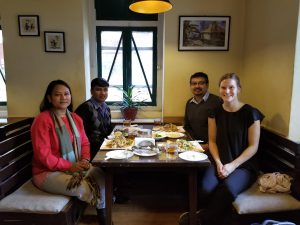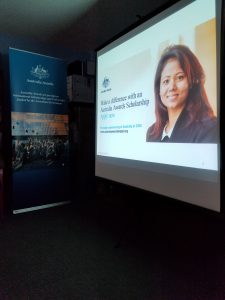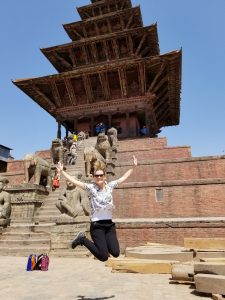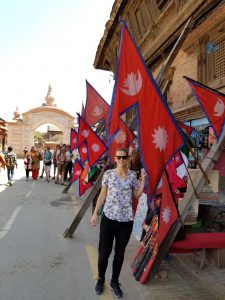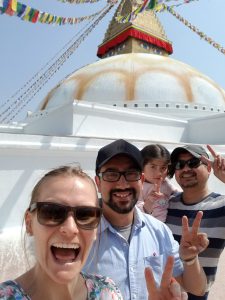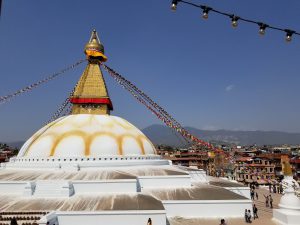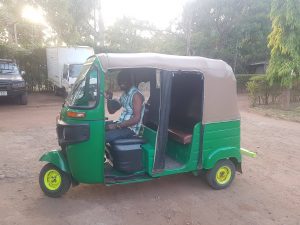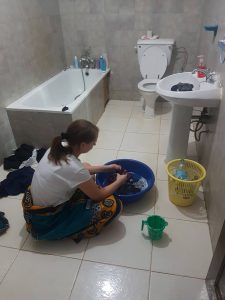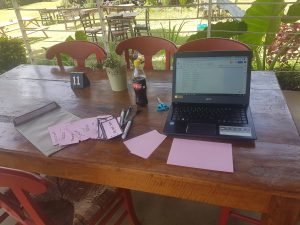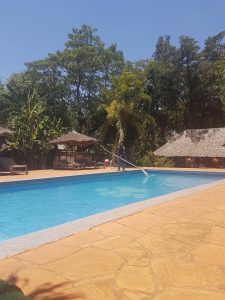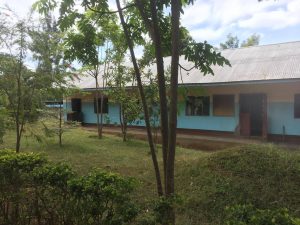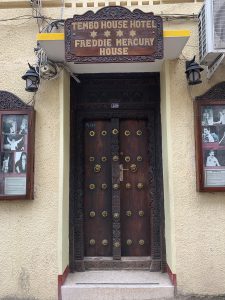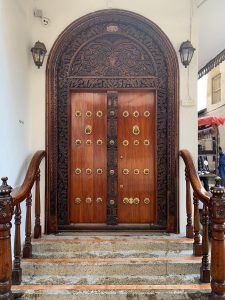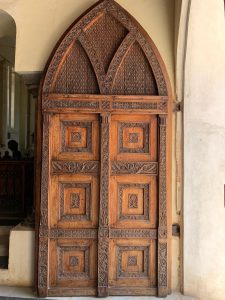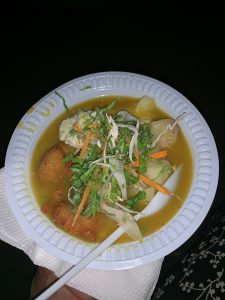My second week in Ukraine was very successful and progressive. I eventually met my contact person at the I. I. Mechnikov Odessa National University. We discussed the purpose of my study and my contact person expressed her readiness and willingness to help with possible practical issues in the field. The fact that the I. I. Mechnikov Odessa National University and Malmö University are partner universities made me even more comfortable. Nevertheless, I did not like the remnants of Soviet bureaucratic procedures such as unnecessary long waiting times for solving very simple things. Moreover, the existing hierarchy with varying power relations that one has to deal with is another shortcoming of the post-Soviet educational system.
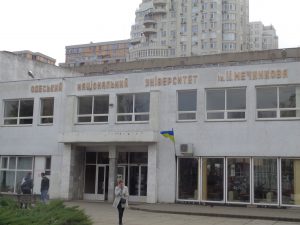
After the efforts of my gatekeeper in the field, I was introduced to the key informant within the Right Sector. I also met the head of the Right Sector and described my project in detail. Thanks to these contacts, I will hopefully meet and interview some volunteers who will soon depart to join the military squads in Eastern Ukraine. Some of these volunteers have already been at the frontline, and some others are recent recruits. It is very exciting to interview these fighters and to get insight about why they join the non-state paramilitary batallions and squads instead of the regular Ukrainian army. These interviews are planned to be conducted earliest next week since the whole country is getting ready for the presidential elections.
The Ukrainian elections will take place tomorrow, March 31. Although there are plenty of candidates in this presidential race, people are skeptical about these elections. Most Ukrainians are convinced that their country is still far away from honest, just and accountable elections. Some are indifferent and don’t want to waste time on something they can’t influence. This indifference is explained by the influential role of high ranking oligarchs in the country who usually have the final word. Recently, I had a conversation with a taxi driver who told me a real life story about his experience of Ukrainian elections. This middle aged man went to one of the municipal electoral boards to confirm his participation in the upcoming elections. However, his name was not found in the voting list, whereas the electoral comission found his dead father who was registered as a voter. The man just laughed and said nothing when I asked him whether this incident was an accident, a technical error or a deliberate strategy!?
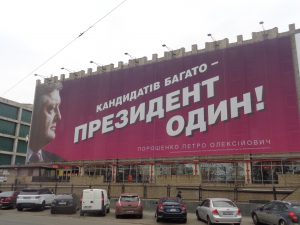
Regardless the distrust towards their politicians, considerable number of voters support Yulia Tymoshenko who can become the first ever woman president in the history of the post-Soviet Ukraine. Tymoshenko’s campaigners told me that Ukraine needs a new hand, a new breath, a new start, and finally a mistress who will rule the country differently from her masculine predecessors.
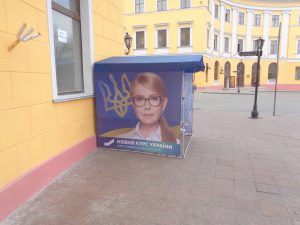
I really wish Ukrainian people successful elections and I hope that these elections will be held without any violence!
